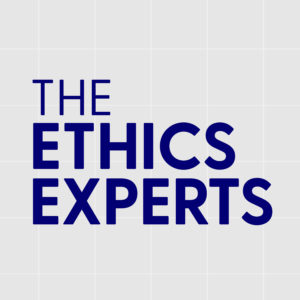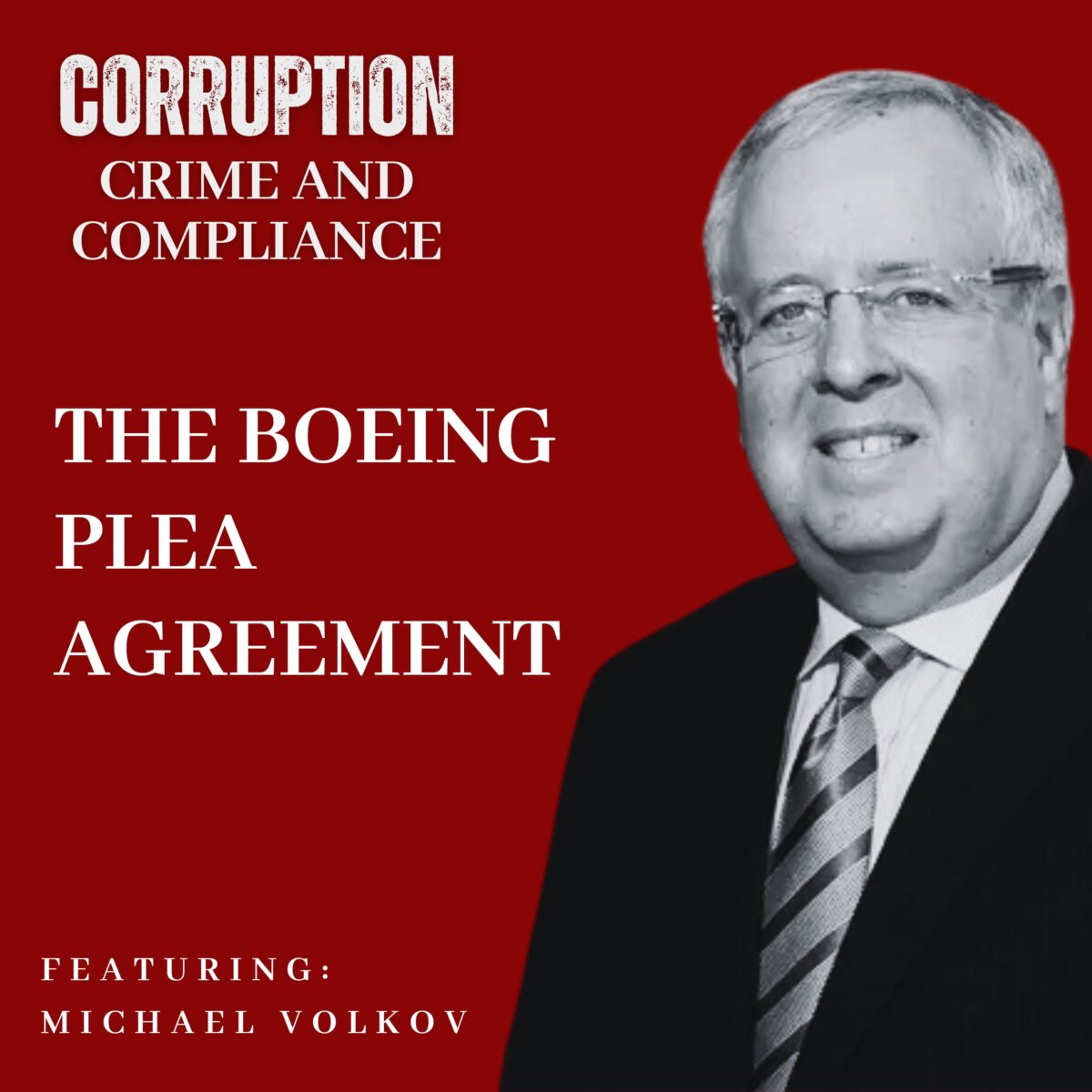This week, we begin a five-part exploration of leadership for compliance professionals. All of this week’s blog posts will be based on articles from McKinsey & Company, and all authors are with McKinsey. I will look at individual leadership issues, compliance team leadership issues, and issues for a Chief Compliance Officer (CCO) or compliance professional for greater corporate matters. We begin our exploration by considering individual leadership issues for compliance professionals. Today’s (and tomorrow’s) blog posts are based on the article Warning: Upgrade your personal operating model by McKinsey authors Arne Gast and Suchita Prasad.
Compliance professionals are used to alerts and notifications reminding us to keep our organizational technology and systems up-to-date. Messages like “Update now or risk losing access” flash across our screens regularly, prompting immediate action to secure organizational infrastructure. But how often do we take such vigilant measures to update our personal operating systems and the personal models that guide our professional effectiveness and impact?
In today’s rapidly evolving corporate landscape, compliance officers face unprecedented challenges. Regulatory shifts, technological advancements, new business risks, and societal expectations are constantly in flux. To navigate these waves successfully, we must regularly revisit and recalibrate our personal operating models. Like any critical business system, your personal operating model comprises the choices you make regarding your priorities, the roles you fulfill, the allocation of your time, and the management of your energy.
The Importance of a Personal Operating Model for Compliance Officers
Just as outdated technology poses security risks to an organization, an outdated personal operating model can compromise your effectiveness as a compliance officer. Regularly updating your approach helps ensure alignment with organizational goals, regulatory demands, and professional growth opportunities. Yet, unlike device upgrades, no automatic alerts prompt these updates; compliance officers must generate internal notifications for reflection and action.
The Four Drivers of Your Personal Operating Model
To effectively refresh your compliance operating system, consider four critical drivers: priorities, roles, time, and energy. Each element is essential to your professional impact and resilience.
1. Priorities
Compliance leadership starts with setting clear, strategic priorities. Have you identified your compliance mandates? Do you understand the expectations and potential areas of overshooting or underperformance? Compliance mandates come from various stakeholders, including senior executives, board members, regulatory bodies, and external auditors. Clarifying these mandates and transparently communicating them is vital. Leaders must boldly determine which mandates to fulfill, manage stakeholder expectations, and consciously decide where strategic disappointments might be necessary, always within manageable bounds.
Consider a compliance officer entering a new organization. Initially hesitant to make sweeping changes to established protocols, a careful stakeholder review might reveal a clear mandate for significant compliance transformation. Recognizing and embracing these mandates positions you to effectively lead impactful change.
2. Roles
Effective compliance officers clearly define roles, prioritizing tasks uniquely suited to their capabilities and delegating responsibilities to leverage organizational strength effectively. Are you focusing only on critical compliance tasks that you can manage effectively? Are you building positive leverage by engaging competent team members?
For instance, overseeing critical internal investigations might require direct involvement, while day-to-day compliance monitoring could be delegated to well-trained compliance staff. Choosing where to apply your expertise maximizes your overall impact and builds robust organizational compliance capabilities.
3. Time
Managing time is a fundamental skill for compliance leaders. How effectively are you scheduling and structuring your time to handle critical compliance issues proactively rather than reactively? Establishing boundaries, creating productive rhythms, and thoughtfully redesigning meetings can dramatically increase compliance effectiveness.
For example, compliance executives often experience calendar overload with meetings, training sessions, and urgent crisis interventions. Reflecting on your meeting structure can streamline effectiveness, eliminate unnecessary gatherings, and improve the productivity and clarity of compliance communications. Clearer schedules allow space to manage emerging compliance risks and regulatory changes proactively.
4. Energy
Finally, maintaining and protecting your energy is crucial for sustained effectiveness and resilience. Compliance roles are demanding and often filled with high-pressure situations and complex problem-solving. Do you actively manage your health, nurture supportive relationships, and connect deeply with the purpose behind your compliance work?
A compliance leader in a multinational firm found himself stretched thin by constant international travel and demanding audits. Realizing his health was compromised, he committed to regular exercise, improved nutrition, and better sleep habits. Coupled with meaningful social connections and reflection on his professional purpose, these actions revitalized his energy, enhanced productivity, and deepened his commitment to his compliance leadership role.
Implementing Your Personal Operating System Upgrade
To systematically update your personal compliance operating model, consider enlisting accountability partners, colleagues, mentors, or trusted personal contacts—to ensure consistent reflection and action. Regularly scheduled reviews, akin to software updates, help maintain your personal operating system’s integrity and effectiveness.
As compliance officers, our effectiveness hinges significantly on our ability to adapt and respond proactively to evolving regulatory and business landscapes. While technology alerts remind us to upgrade our devices, we must generate our notifications, prompting essential personal model upgrades. Continually recalibrating priorities, clearly defining roles, efficiently managing time, and actively preserving our energy empower us to deliver impactful compliance leadership.
Maintaining an up-to-date personal operating model positions compliance professionals to proactively anticipate risks, effectively drive organizational compliance initiatives, and sustain long-term professional resilience. Regular updates to your personal compliance operating system are not merely beneficial; they are essential to your continued success and the broader success of your organization.








